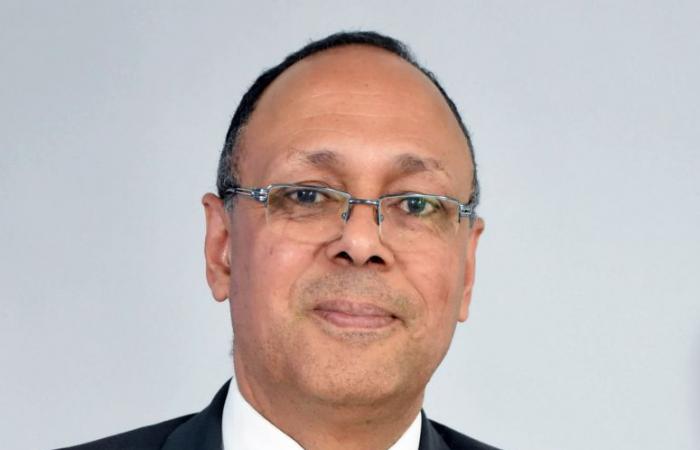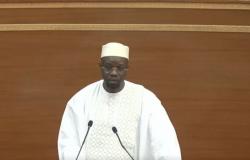Finances News Hebdo: What are your thoughts on this second edition of the Conference on Advanced Regionalization?
Abdellatif Komat: In the royal letter addressed to this second edition of the Conference on Advanced Regionalization, HM the King recalled the major challenges that must be met to successfully complete the program. He noted that there is a need to develop a well-defined roadmap with the consensus of all parties concerned. Among the projects to be carried out is the continuation of deconcentration to make it even more operational, particularly in the area of regional responsibilities. The program has started since 2015. There was the evaluation stage in 2019 which recorded a certain number of advancements. These Conferences placed emphasis on strengthening public investment and attractiveness to attract private investors. It is a vector for the overall, integrated and harmonious development of the country. Regions are called upon to seek innovative financing mechanisms. The meeting also focused on challenges affecting our country such as stress water, sustainable mobility and digital transformation.
FNH: For the last three challenges that you cited directly affecting the population and economic actors, what are the elements that must be capitalized on to meet them?
A. K. : Morocco has developed strategic plans. To deal with water stress, a medium-term vision has emerged for the period 2020-2027, and another for the long term by 2050. The objective is to rationalize the use of water resources, their mobilization through structuring projects such as the construction of new dams, water desalination stations sea, the reuse of wastewater and the deployment of modern technologies for irrigation. For digital transformation, Morocco has adopted a strategic plan for 2030. This project is a foundation for economic and social development. Concerning sustainable mobility, the government has taken a series of measures. Beyond national structuring projects, the regions must become more involved in these three dimensions. The region is now establishing itself as the vector of development in our country. The expected growth cannot be achieved in the face of regional disparities. Deconcentration is essential to achieve this objective. In addition, we need territorial development plans that converge with national strategies.nal and sectoral. To this end, regions need more autonomy in decision-making and governance.
FNH: What about the implementation of the recommendations from the last Conference?
A. K. : Between 2019, the date of the first Conference, and 2024, the date of the second, things have evolved a lot, particularly with regard to the financing aspect. There was an increase in transfers of budgetary allocations from the State to the regions, which reached, in 2021, 10 billion DH. The regions will continue to capitalize on these transfers, but at the same time seek other financing mechanisms within a partnership framework. There are very ambitious Regional Development Plans (PDRs) which require funds to finance territorial development projects. There are successful examples which have seen the contribution of the Municipal Equipment Fund (FEC), the EBRD, the CDG or the World Bank.
FNH: How do you judge the effects of advanced regionalization on the Saharan provinces?
A. K. : The growth of the Saharan provinces is a model of success. It is a real demonstration of what regions can do in terms of economic development. These regions, which have benefited from a development model with an investment envelope of 79 billion DH, have transformed our Moroccan Sahara. And this, in terms of infrastructure such as the expressway which connects Tiznit to Dakhla of 1,055 km. These projects have given new impetus to both public and private investments.






